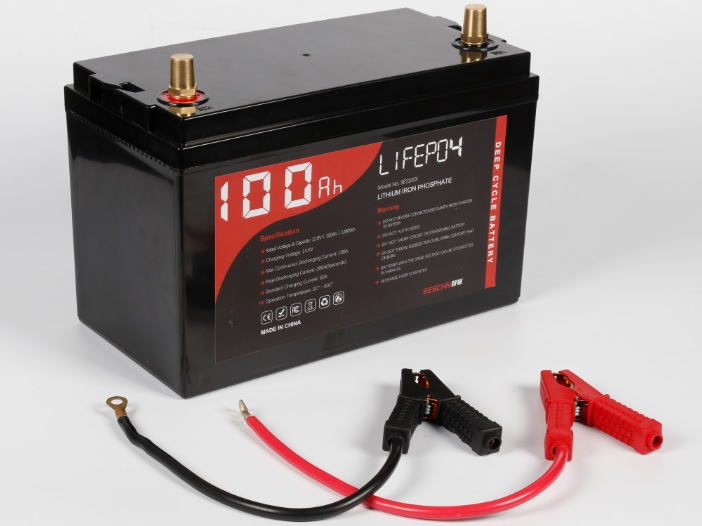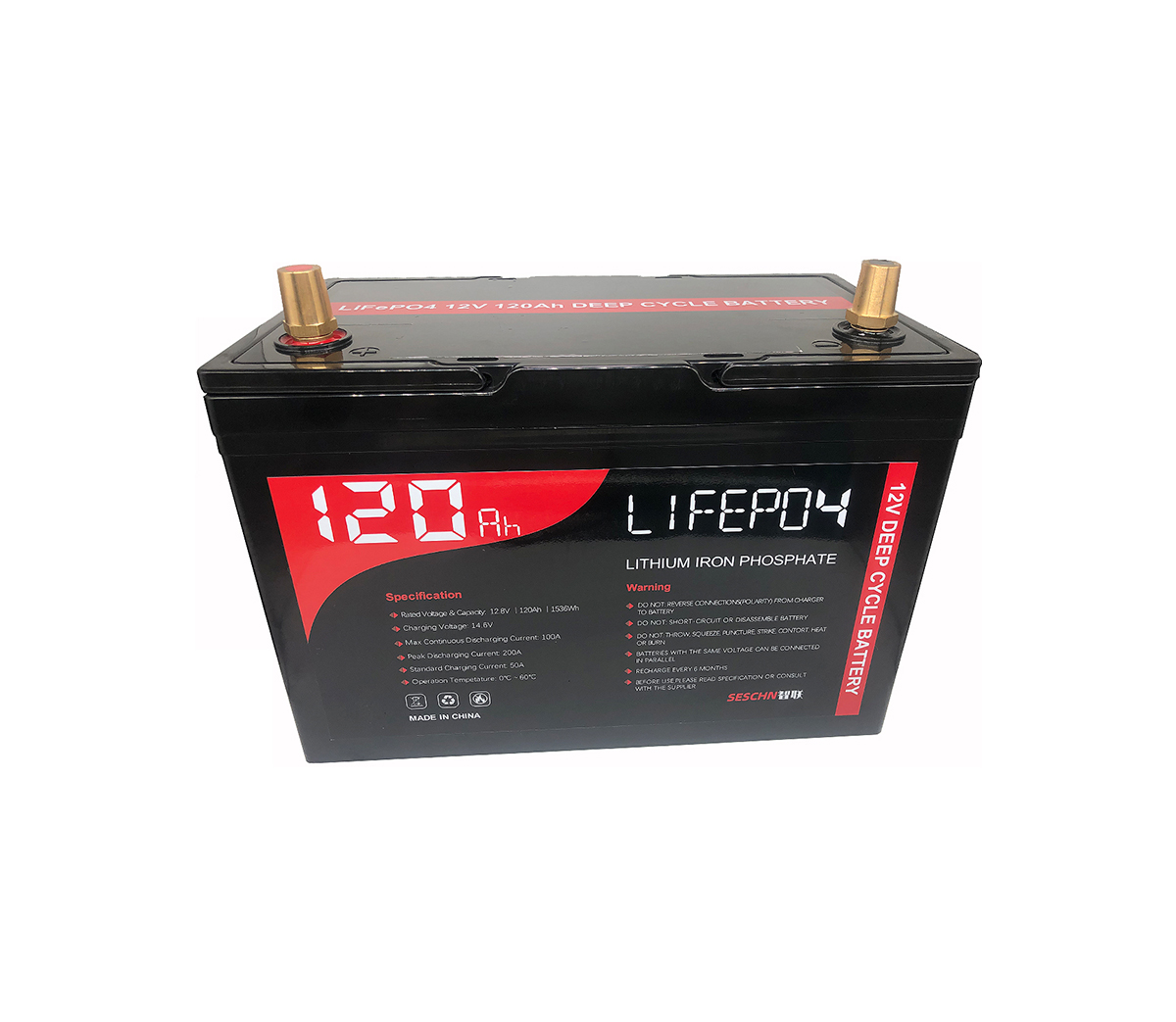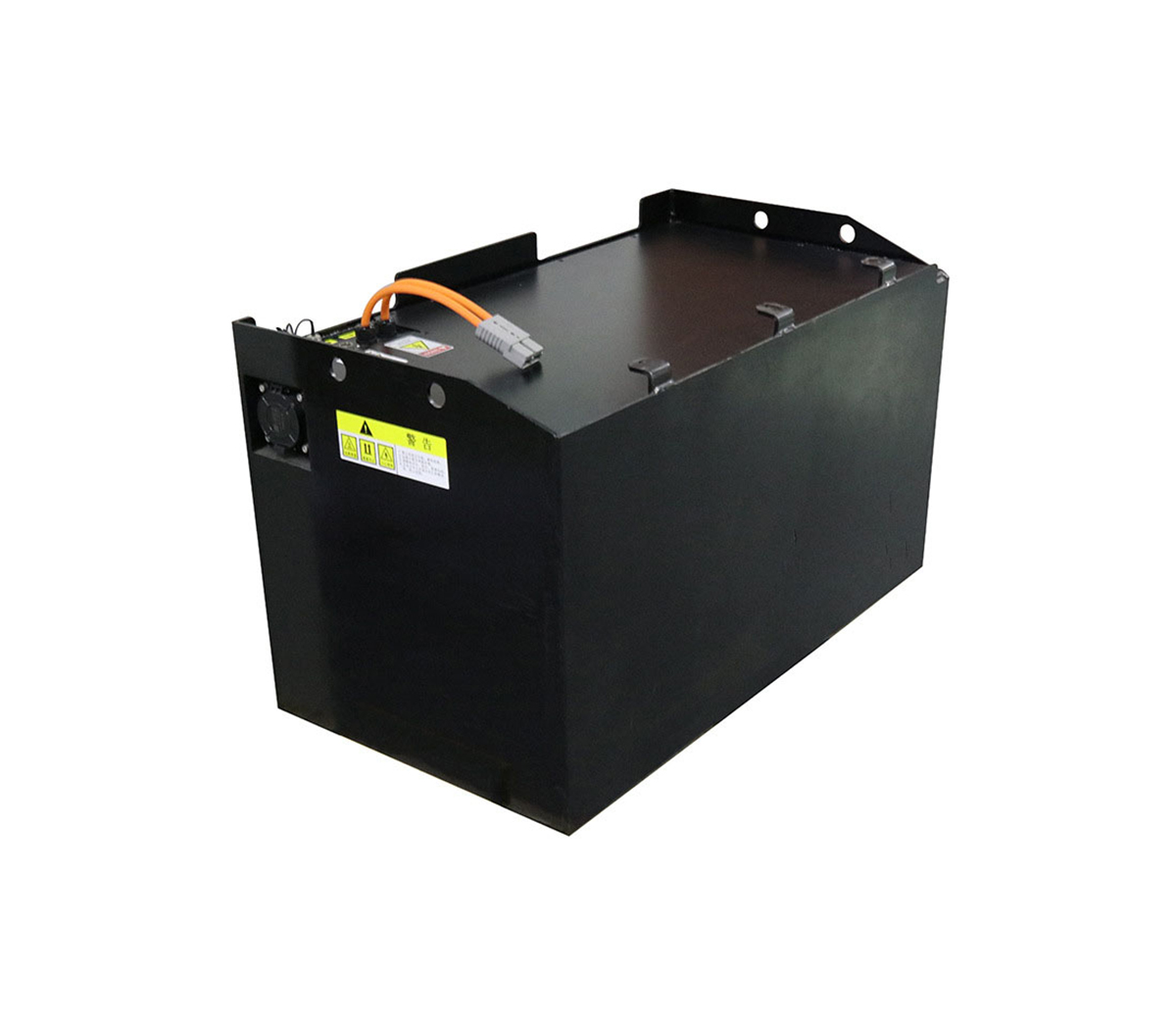Raw materials are skyrocketing, and small and medium power battery
companies "cannot survive"
It is understood that since October, many power-type battery companies such
as BYD, GreatPower and Ganfeng Lithium have burst out price increases, and the
prices of some products have increased by 20%. Industry insiders predict that
upstream raw material prices will remain high, and fierce market competition
will accelerate the exit of weak power battery SMEs.

The price of upstream raw materials for lithium batteries has been soaring,
and the price of lithium salt alone has soared from 90,000 yuan/ton to 200,000
yuan/ton. The reason is that the development speed of new energy vehicles has
exceeded expectations, the impact of the epidemic, and the insufficient release
of upstream mineral production capacity. The main raw materials of lithium
batteries continue to rise in price and are severely out of stock.
"The prices of electrolyte, lithium manganate, and graphite raw materials
continue to rise. Our company strives to absorb the increase in cost, but it has
far exceeded the tolerance limit." GreatPower said that all new orders will be
linked to pricing, and the increase depends on the material of each product.
Depending on the proportion and increase, long-term orders are not accepted, and
customers with a longer reconciliation period will shorten the billing
period.
BYD also said that the continuous rise of lithium battery materials has led
to a substantial increase in the company's overall cost. It has decided that
battery products such as CoRM will increase by no less than 20% based on the
current Wh unit price.
"Raw materials account for as much as 70% of the cost structure of power
batteries, and companies are helpless to increase prices and cannot sell at a
loss." Industry insiders admitted that the sharp increase in costs directly led
to a substantial decline in the net profit of power battery companies this
year.
Will the price increase of power batteries be transmitted to OEMs and even
consumers? This year, Tesla's North American version has repeatedly increased
the prices of its Model 3 and Model Y entry-level models due to rising raw
materials and chip shortages.
In response to the current shortage of upstream raw materials, power
battery companies have moved upstream. For example, in September this year, CATL
signed a final agreement with Millennial Lithium, a Canadian lithium mining
company, to acquire all the shares of the latter at a total price of 377 million
Canadian dollars. The company also owns more than 10,000 hectares of salt lakes
in Argentina; Gotion High-Tech has a dense layout. In the field of upstream
materials, a full industrial chain of "material end-battery end-product end" has
been gradually established. For power battery companies, this can not only
obtain upstream profits, but also figure out the cost structure, which is
conducive to negotiations with upstream material companies.
The power battery industry has set off a wave of "production expansion". A
person familiar with the company said frankly: "On the one hand, you can get
competitive prices from upstream; on the other hand, you can prove your strength
to downstream automakers. Expansion can also It’s a dead end if you can fight
hard and not expand production. Some companies seem to have a lot of orders, but
the unit price is so low that they can only stop production. This year, a number
of small and medium-sized enterprises will fall."
It can be seen that the concentration of the power battery industry will
further increase in the future, and companies that do not have cost advantages
may be the first to get out. At the same time, although many power-type battery
companies have announced expansion plans, the release of production capacity
will take a certain period. It is expected that by 2023, the shortage of raw
materials will be alleviated.

Lithium-ion battery (LIB) has become the main energy storage solution in
modern social life. Among them, lithium iron phosphate batteries are a perfect
substitute for lead-acid batteries, and are the first choice for grid-connected
peak shaving, off-grid energy storage, photovoltaic energy storage, UPS, data
center and other industries.




































